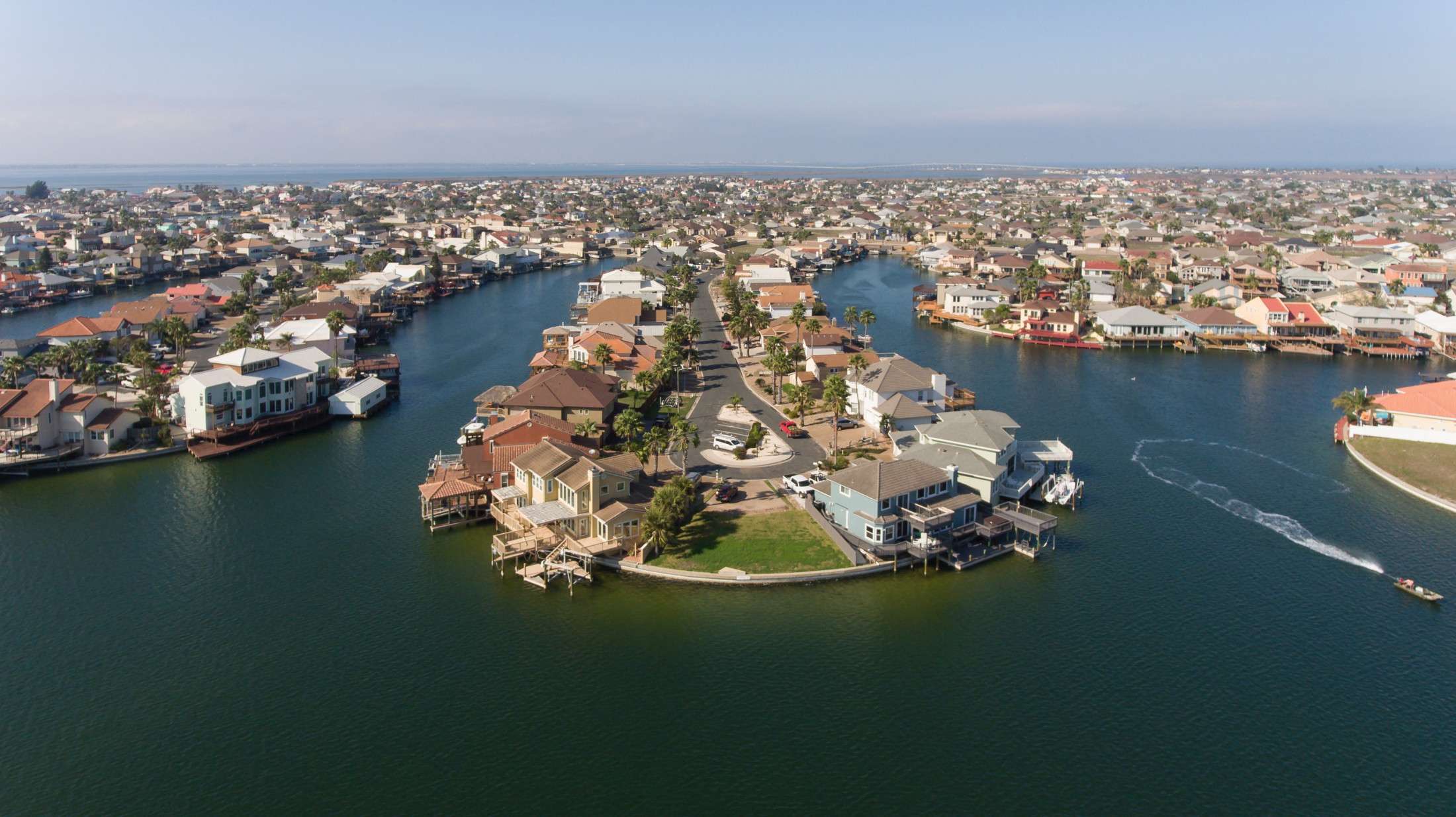Changes Affecting Every Buyer of Residential Land
Posted: 21 January 2019
Overseas Investment Amendment Act 2018 is now in force. The implication for you is that when you next buy residential property, there will be another layer of compliance to be completed before your property purchase goes through.
The OIA Act’s primary purpose is to amend the definition of sensitive land to include ‘residential land’. This means that people who are not New Zealand citizens, or who do not hold New Zealand, Australian or Singaporean residence class visas AND
are not ordinarily resident in New Zealand must apply for consent to buy residential land in New Zealand. The underlying reason for this beefed-up legislation is to restrict foreign ownership of New Zealand land, and to encourage foreign owners to live in their properties rather than become landlords.
Defining residential land
The OIA Act defines residential land as a property that has a category of residential
‘R’ or lifestyle ‘L’ for the purpose of the relevant district valuation roll. It also includes a residential flat in a building owned by a flat-owning company regardless of whether the building is on land categorised as ‘R’ or ‘L’.
Both buyers and sellers should be aware that even if the property in question is a large farm (which is already subject to OIA rules) the new rules may class that property as residential land also and a prospective purchaser must meet the eligibility test to buy residential land in New Zealand.
To determine if the land you intend buying (or selling) is residential or lifestyle, the Overseas Investment Office recommends you check the Quotable Value website here. Enter the address into the search box to establish the property’s building type.
Who is eligible to buy residential land?
Generally speaking, foreigners who are
in New Zealand on a work, student or temporary visa are unable to buy residential land in New Zealand. This also includes trusts or companies that have 25% or more overseas ownership (beneficiaries and shareholders) or control (trustees and directors). However, exceptions do apply. These include:
Where a couple (married, in a civil union or in a de facto relationship) is buying residential land as relationship property:
-
If one partner is a New Zealand citizen, or has a residence class visa and is ordinarily resident in New Zealand, then the couple does not need to apply for Overseas Invesment Office (OIO) consent to acquire the home
-
If one partner is an Australian or Singaporean citizen or permanent resident and they are ordinarily resident in New Zealand, then the couple does not need to apply for OIO consent to acquire the home, or
-
If one partner has a residence class visa or is an Australian or Singaporean permanent resident but is not ordinarily resident in New Zealand then only that partner needs to apply to the OIO for consent, the other partner need not apply.
These are likely to be the most common exceptions but there are others that may be available to you, we won’t know until we sit down together and look at your situation.
All purchasers of residential land who are not New Zealand, Australian or Singaporean citizens will need to be ordinarily resident in New Zealand. You will be ordinarily resident if:
-
You hold a residence class visa in New Zealand, or a permanent residence class visa in either Australia or Singapore (not a work visa, a student visa or a work to residence visa)
-
You have been residing in New Zealand for the 12 months preceding the date the agreement for sale and purchase was signed
-
You have been present in New Zealand for 183 days of the 12 months preceding the date the agreement for sale and purchase was signed, and
-
You are a tax resident in New Zealand (this generally requires being present in New Zealand for 184 days from the 12 months preceding the date the agreement for sale and purchase was signed).
What does this mean for you?
For all residential land purchases where the agreement for sale and purchase was signed after 22 October 2018 you will be required to sign a statement that you are eligible to purchase residential land in New Zealand. We are then required to hold that statement for seven years after the purchase is settled.
If you do not sign the statement, then we will not be able to complete the purchase for you. Likewise, if we have cause to believe that the information provided may be incorrect, we will need to investigate. To take this additional compliance into account, we recommend
that in most cases a minimum 15 working days condition be included on agreements for residential property to allow the appropriate investigations to take place and for consent to be applied for if necessary.
Some useful information, checklists and the statement are available on the LINZ website here.
What to read more? Downlaod the full newsletter.
DISCLAIMER: All the information published in the Property eSpeaking, Commercial eSpeaking, Trust eSpeaking, Rural eSpeaking, and Fineprint newsletters is true and accurate to the best of the authors’ knowledge. It should not be a substitute for legal advice. No liability is assumed by the authors or publisher for losses suffered by any person or organisation relying directly or indirectly on this article. Views expressed are those of individual authors, and do not necessarily reflect the view of this firm. Articles appearing in Property eSpeaking, Commercial eSpeaking, Trust eSpeaking, and Fineprint may be reproduced with prior approval from the editor and credit given to the source. Copyright, NZ LAW Limited, 2026. Editor: Adrienne Olsen. E-mail: [email protected]. Ph: 029 286 3650 or 04 496 5513.
